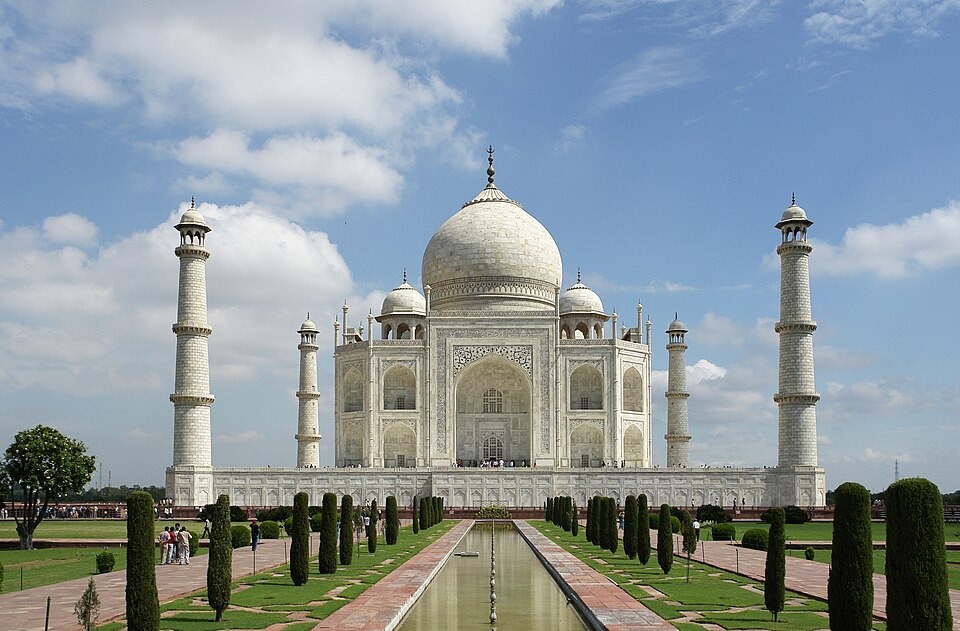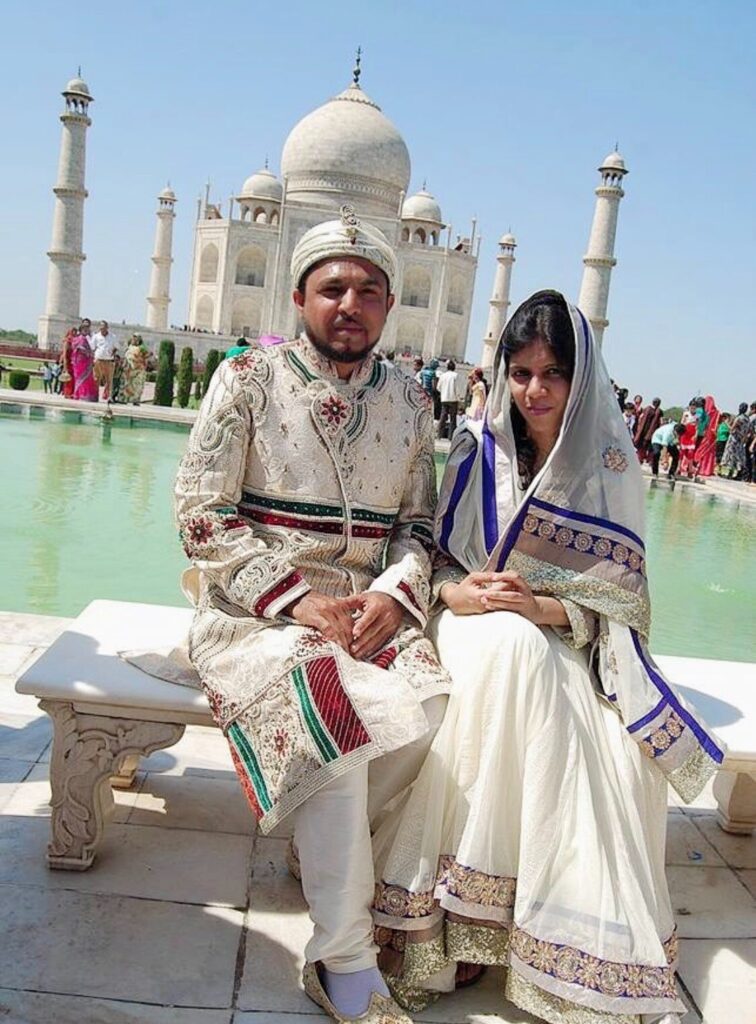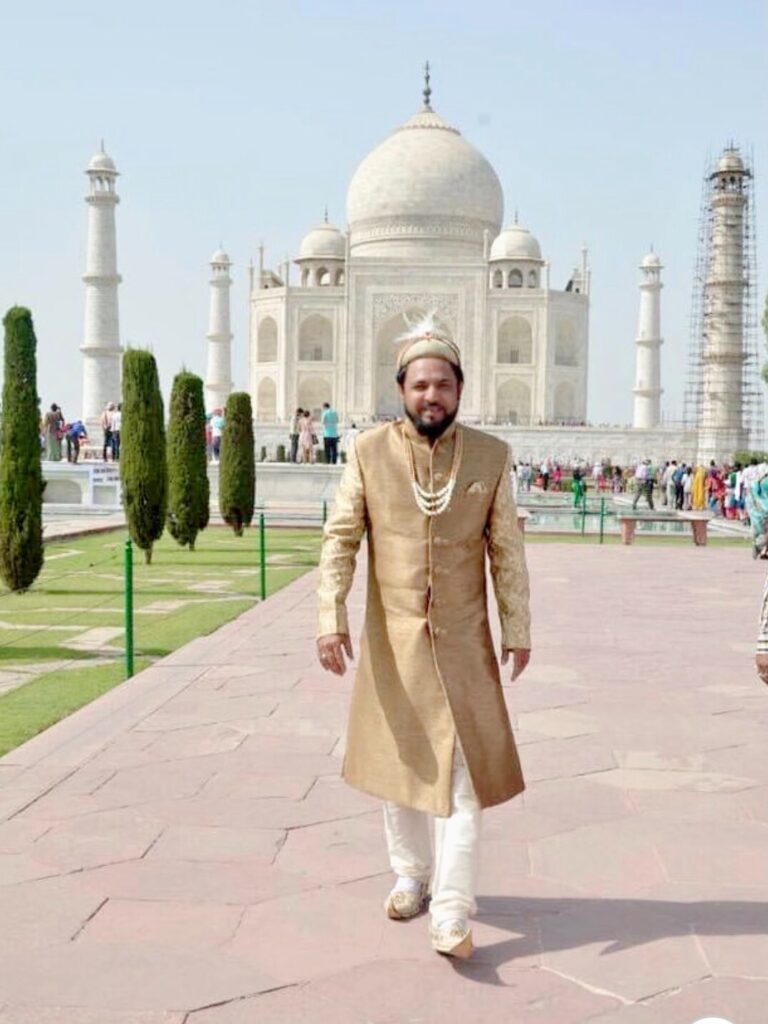According to reports, Prince Yakub Habeebuddin Tucy identifies himself as a descendant of Bahadur Shah Zafar, the last Mughal emperor. He continues to make headlines by asserting ownership over several Indian heritage sites, including the Taj Mahal.

Taj Mahal Ownership Dispute
Prince Tucy has reportedly claimed that he is the rightful heir to the Taj Mahal. He has submitted DNA evidence in court and called for the release of documents allegedly held by other royal families to support his case. His claims have drawn public attention and debate.
Involvement in Ayodhya Land Case
Reports state that Prince Tucy opposed the Waqf Board’s claim in the Ayodhya land dispute. He argued that, as a Mughal descendant, he should inherit Babur’s land. However, he supported the construction of the Ram Temple and offered a symbolic golden brick for the project.

Role at Aurangzeb’s Tomb
Prince Tucy is also noted to be the self-appointed caretaker of Aurangzeb’s grave in Maharashtra. He has petitioned authorities to ensure the site’s protection, citing concerns over potential damage and vandalism.
Symbolic Mughal Presence in Modern India
Through public appearances in traditional attire and active social media presence, Prince Tucy presents himself as a modern representative of Mughal heritage. These activities have kept Mughal history in public conversations.
Debates Around Historical Rights
While there is no official recognition of his claims, they continue to stir debate around the legitimacy of royal descendants’ rights to historic landmarks and properties in modern India.

